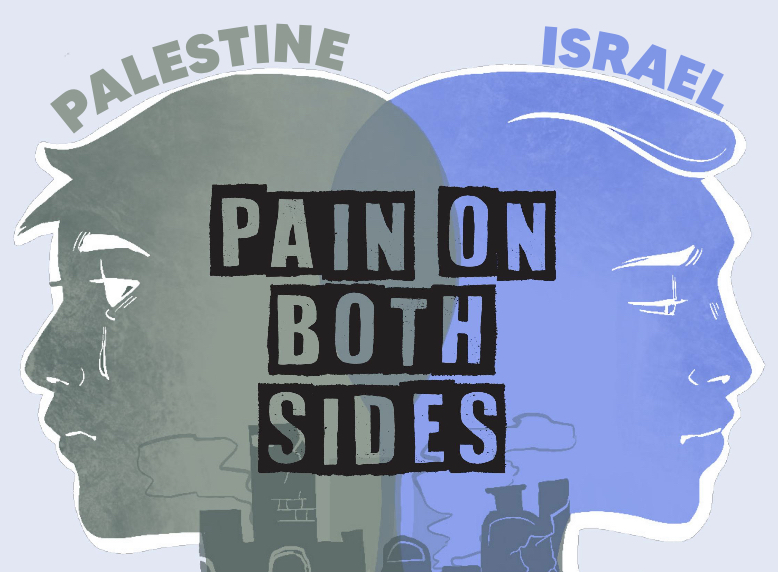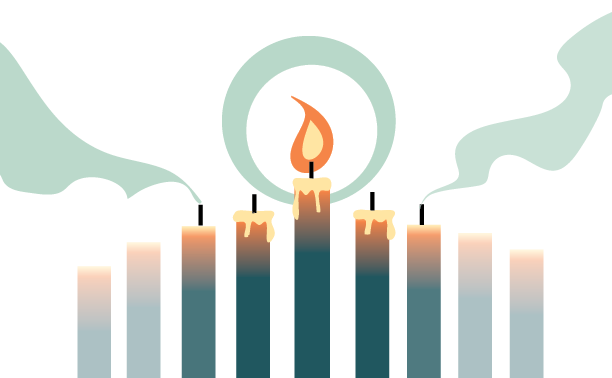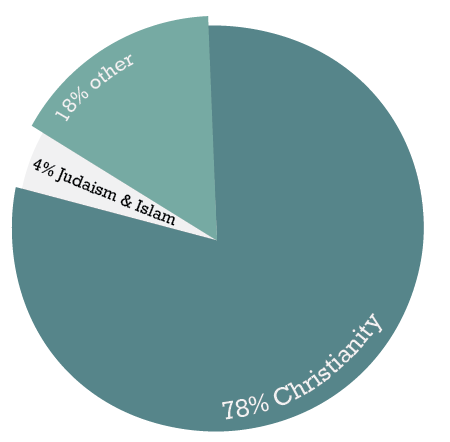Editor’s note: This story was a part of the in-depth package of our April 26, 2019 issue, which won best series or project in the Dallas Morning News high school journalism contest. It also won second place for print in-depth news/feature packages in the ILPC contest.
Abusing prescription drugs has become a common issue, especially for this generation. Drugs have found their way into every aspect of teenage life, from parties to late night studying. Teens that take unprescribed medications don’t know the risks, and that is unacceptable. The teen drug abuse conversation has been kept outside classrooms and has put teenagers at risk for making uneducated mistakes when handling prescription drugs.
Teens need to be educated on the medications that surround them, so they can be informed when making decisions. Taking someone else’s prescription can be fatal. While schools focus on the dangerous topics of suicide and alcohol, prescription drug abuse has been overlooked, and that can’t continue for our youth’s safety. Prescription drug abuse is the fastest growing substance issue in the country.
The lack of education has allowed teens to think that all medications have the same effect on everyone. They don’t realize that these drugs could clash with ones they already take. By abusing medications, students could experience short or long term effects, ones similar to illegal drugs. Hydrocodone releases the same chemical in your brain as herion. If students aren’t educated on the true dangers of these drugs, they are vulnerable to making mistakes, potentially fatal ones.
Students are at risk for forming an addiction to substances they aren’t properly educated on. The 2016 National Study on Drug Use and Health showed that 25 percent of people who abused prescription drugs by age 13 formed an addiction after the misuse. Painkillers, tranquilizers, stimulants and sedatives are the most commonly abused prescription drugs in the United States.
Adderall misuse has risen 67 percent since 2006, and young adults make up 60 percent of those abusing it. Most teenagers only know surface level facts about these drugs. They are likely to believe that since they know peers or adults taking them, it is safe for them to take the same drugs without a prescription, but that is not the case. These drugs are just a dangerous and addictive as illegal drugs, if not more.
The lack of a formal education of these drugs has created a culture for teenagers in which they rely purely on the word of their friends and follow in their footsteps. It has been accepted as a common issue for teenagers to have, and these drugs are way too easily accessible for students in this community. The absence of this conversation is putting teenagers at a higher risk to abuse drugs, possibly without even realizing it. Being open and honest with teens about the prescription drug epidemic is critical in helping reduce the problem, and this conversation needs to start in the classroom.
Many educators and adults believe that talking to students about drugs is going to increase the chances of teenagers using them. However, that is not the case. Reducing the ignorance that teens possess about the effects of prescription drugs will only allow them to be informed about the decisions they are making. Unfortunately, some teenagers will still make mistakes and misuse drugs, but informing students in this community will help keep them from making mistakes out of ignorance. Education does not equal encouragement. It will only empower the students to make conscious and educated decisions.
The ongoing drug abuse conversation needs to be updated and implemented in LISD’s curriculum. Many issues teens have when it comes to abusing prescription drugs grow from ignorance, and the only way to stop that is to educate.
Introducing a lesson in a required science course over drug abuse could be critical for teenagers’ safety. While education is needed to reduce this problem, the adults in the community play an important role as well. Keeping this conversation open and being honest with teenagers will bridge the gap of trust and allow them to feel safe when asking questions, voicing concerns or reaching out for help to the adults around them.












